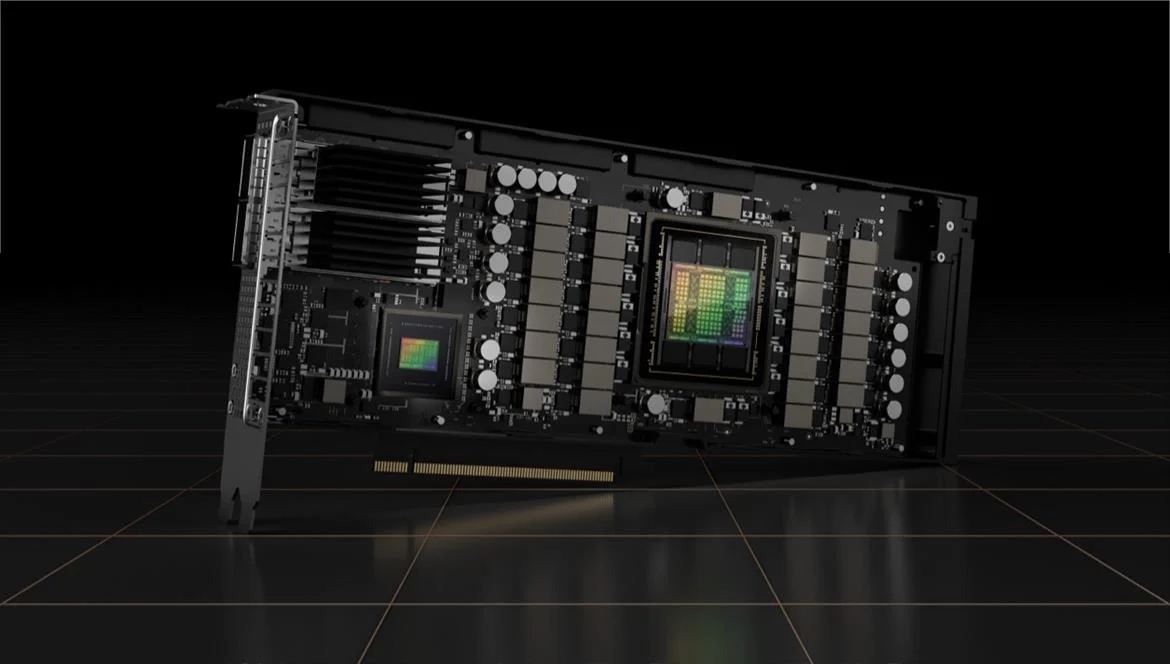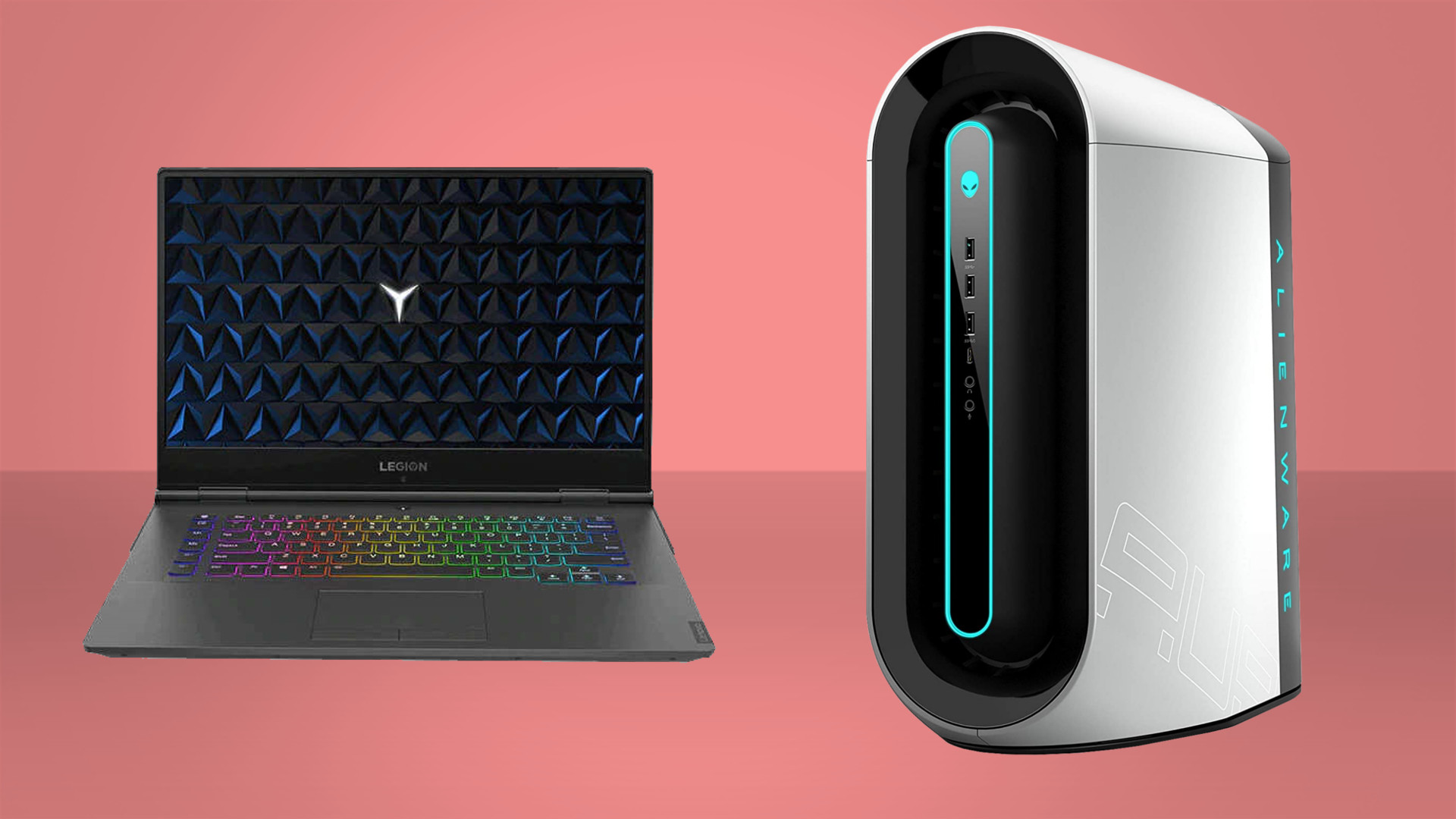The US wants to restrict China's access to AI chips even more, and Nvidia could lose out as a result
Chips that are anything but cheap.

The US government is weighing up plans to further restrict the export of AI processors to China. The Biden administration has heightened concerns about the access Chinese companies have to bleeding edge tech, and what they ultimately plan to do with it.
The Wall Street Journal reports that the US Commerce Department is considering fresh restrictions to be implemented as soon as July. That means companies like AMD and especially Nvidia could face significant revenue hits if sales of high-margin AI processors are affected by the restrictions.
US officials previously ordered Nvidia to stop selling its flagship A100 and H100 AI processors in September of 2022. However it was granted a reprieve of sorts as the US Securities and Exchange commission granted authorization that "allows the Company to perform exports needed to provide support for U.S. customers of A100 through March 1, 2023. Additionally, the U.S. government authorized A100 and H100 order fulfillment and logistics through the Company's Hong Kong facility through September 1, 2023."
That grace period is coming to an end, and the US government is also considering restricting Chinese access to cloud services offering AI services. Nvidia shares took a 2% dip upon the release of the news. It's hardly struggling right now, however. At the time of writing, Nvidia's stock price is up over 181% in the year to date, with a market cap of over a trillion dollars.
Nvidia has developed China-specific versions of the banned chips with reduced performance. But despite restrictions on access to the best AI hardware, Nvidia's regular chips are reportedly still available, albeit indirectly. A Chinese blogger managed to get hold of four of them, and even took one through some gaming benchmarks, with admittedly lackluster results.

Best gaming PC: The top pre-built machines from the pros
Best gaming laptop: Perfect notebooks for mobile gaming
Nvidia's compute GPUs including the Hopper-based H100 are surging in popularity thanks to the demand for applications including chatbots, automation, cyber security as well as more controversial uses including things like facial recognition or military applications. That last example is surely right at the top of the US government's concerns.
The Chinese Foreign Ministry notably accused the US government of "technological terrorism" after it pressured chipmaking equipment manufacturer ASML to stop selling advanced chipmaking tech to China. The latest moves are unlikely to thaw those tensions.
Keep up to date with the most important stories and the best deals, as picked by the PC Gamer team.

Chris' gaming experiences go back to the mid-nineties when he conned his parents into buying an 'educational PC' that was conveniently overpowered to play Doom and Tie Fighter. He developed a love of extreme overclocking that destroyed his savings despite the cheaper hardware on offer via his job at a PC store. To afford more LN2 he began moonlighting as a reviewer for VR-Zone before jumping the fence to work for MSI Australia. Since then, he's gone back to journalism, enthusiastically reviewing the latest and greatest components for PC & Tech Authority, PC Powerplay and currently Australian Personal Computer magazine and PC Gamer. Chris still puts far too many hours into Borderlands 3, always striving to become a more efficient killer.

